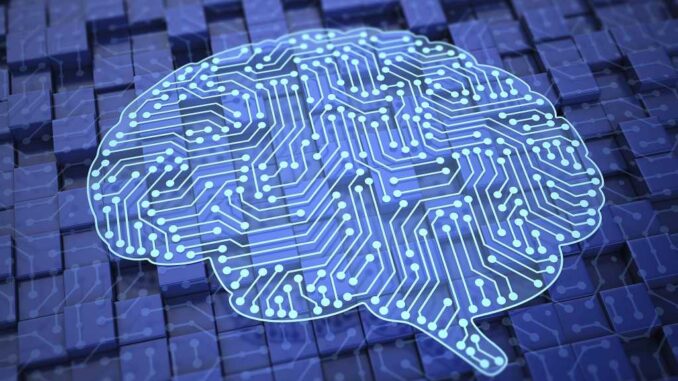
Digital literacy in the context of AI development encompasses a range of skills and knowledge necessary to effectively use, understand, and engage with artificial intelligence technologies.
As AI becomes increasingly integrated into various aspects of daily life and work, fostering digital literacy in this area is crucial. Here are several components of digital literacy related to AI development:









### 1. Understanding AI Fundamentals
– **Basic Concepts**: Knowledge of what AI is, including its various forms (e.g., machine learning, natural language processing, computer vision).
– **Types of AI**: Awareness of the differences between narrow AI (task-specific) and general AI (human-like intelligence).
### 2. Data Literacy
– **Data Collection and Usage**: Understanding how data is collected, processed, and used in AI systems.
– **Data Interpretation**: Skills to analyze and interpret data results, recognizing biases and inaccuracies in data that can impact AI decisions.
### 3. Algorithm Awareness
– **Algorithm Functionality**: Basic understanding of how algorithms work, including the role of training data and model evaluation.
– **Ethical Considerations**: Awareness of bias in algorithms, the implications of machine learning decisions, and the importance of fairness and accountability.
### 4. Tool Proficiency
– **Familiarity with AI Tools**: Skills to utilize various AI-based tools and software, such as chatbots, recommendation engines, or AI-driven analytics platforms.
– **Programming Skills**: Basic coding skills in programming languages commonly used in AI development, such as Python, R, or JavaScript.
### 5. Critical Thinking & Problem Solving
– **Evaluating Outcomes**: Ability to critically assess AI-generated results and understand the limitations and capabilities of AI technologies.
– **Identifying Applications**: Skills to identify appropriate applications for AI solutions in specific contexts, as well as potential pitfalls.
### 6. Digital Citizenship
– **Responsible Use**: Awareness of ethical implications of AI deployment and how to use AI responsibly and effectively.
– **Policy Awareness**: Understanding regulations and policies related to AI, privacy, and data security.
### 7. Collaboration and Communication
– **Teamwork in AI Projects**: Skills to work collaboratively in diverse teams, including stakeholders from technical and non-technical backgrounds.
– **Effective Communication**: Ability to communicate complex AI concepts in an accessible manner to various audiences.
### 8. Continuous Learning
– **Staying Updated**: Commitment to ongoing education about advancements in AI, emerging technologies, and evolving best practices in digital literacy.
– **Adaptability**: Willingness to adapt to new tools and technologies as the AI landscape evolves.
Fostering digital literacy in the context of AI not only prepares individuals to work effectively with these technologies but also encourages the responsible and ethical use of AI, contributing to a more informed society. As AI continues to grow and impact various sectors, promoting these skills will be essential for individuals, organizations, and communities.

Leave a Reply